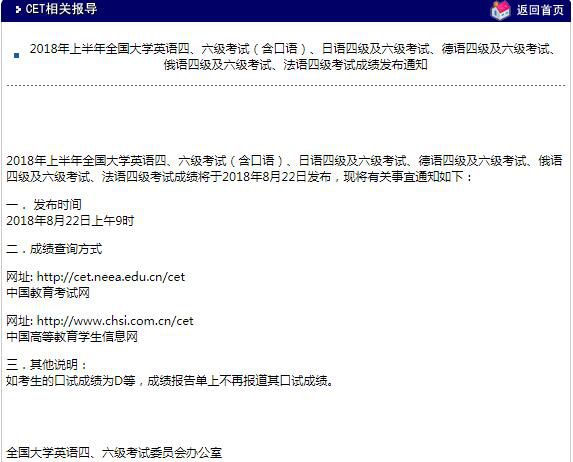GMAT考试写作指导:Issue写作范文二二
|
22. The speaker here argues that government must support the arts but at the same time impose no control over what art is produced. The implicit rationale for government intervention in the arts is that, without it, cultural decline and erosion of our social fabric will result. However, I find no empirical evidence to support this argument, which in any event is unconvincing in light of more persuasive arguments that government should play no part in either supporting or restricting the arts. First, subsidizing the arts is neither a proper nor a necessary job for government. Although public health is generally viewed as critical to a society's very survival and therefore an appropriate concern of government, this concern should not extend tenuously to our cultural "health" or well being. A lack of private funding might justify an exception; in my observation, however, philanthropy is alive and well today, especially among the new technology and media moguls. Second, government cannot possibly play an evenhanded role as arts patron. Inadequate resources call for restrictions, priorities, and choices. It is unconscionable to relegate normative decisions as to which art has "value" to a few legislators and jurists, who may be unenlightened in their notions about art. Also, legislators are all too likely to make choices in favor of the cultural agendas of those lobbyists with the most money and influence. Third, restricting artistic expression may in some cases encroach upon the constitutional right of free expression. In any case, governmental restriction may chill creativity, thereby defeating the very purpose of subsidizing the arts. In the final analysis, government cannot philosophically or economically justify its involvement in the arts, either by subsidy or sanction. Responsibility lies with individuals to determine what art has value and to support that art. |








